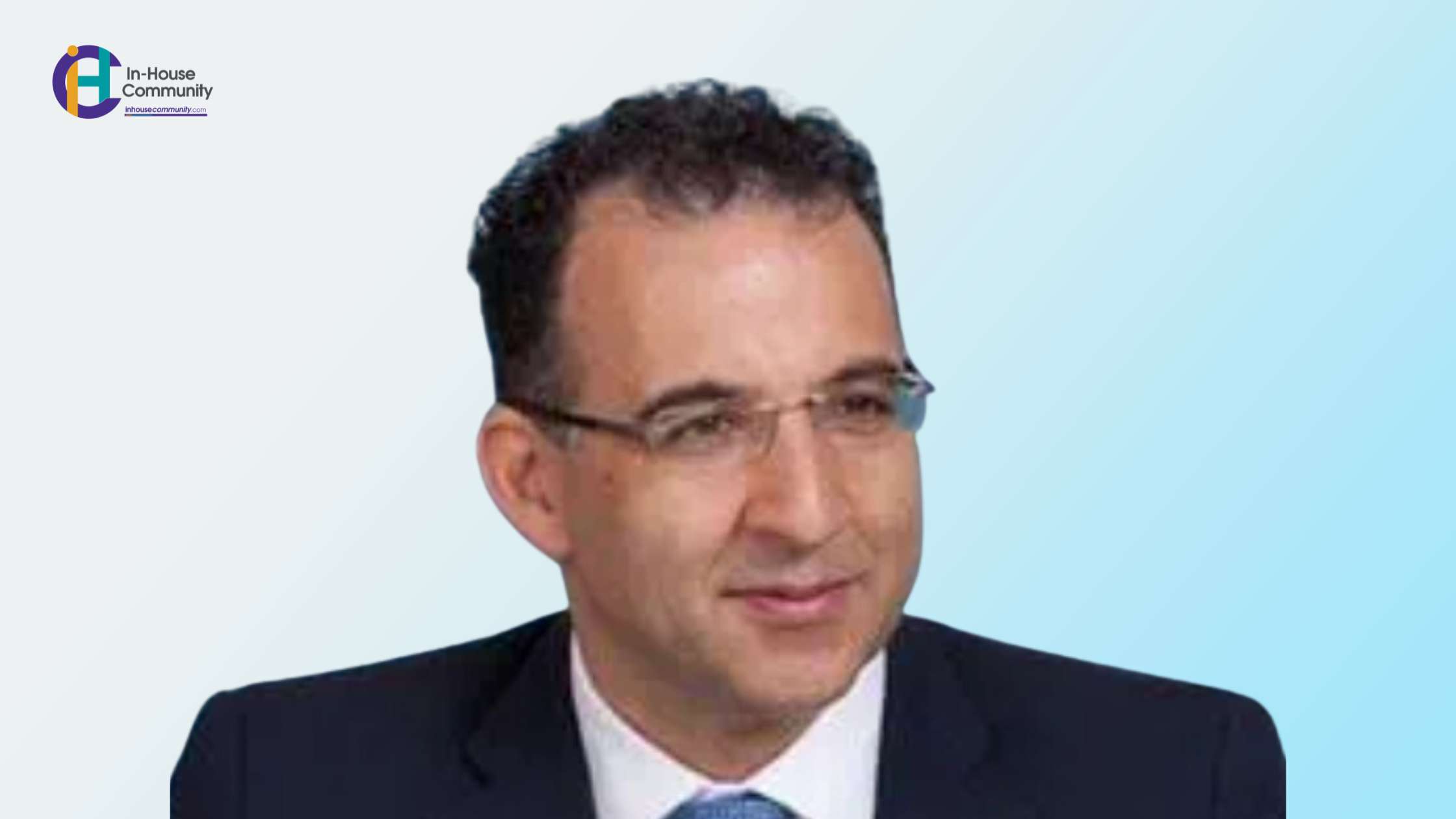| In a long-awaited decision, the European Court of Justice (ECJ) confirmed this week that in-house counsel cannot rely on the premise of professional legal privilege when it comes to cartel investigations carried out by the European Commission. The decision is the culmination of legal action which arose following antitrust raids undertaken by the European Commission in February 2003 on the Manchester offices of Akzo Nobel NV, the world’s largest global paints and coatings company and a major producer of specialty chemicals. During the course of the legal action and on appeal to the ECJ, Akzo Nobel NV had argued that documents confiscated during the 2003 raids were privileged communications between the company’s in-house lawyers and its employees. On appeal, the company’s contention was supported by a number of organisations, including the International Bar Association, the European Company Lawyers Association, and the American Corporate Counsel Association (ACCA).
In giving its reasons for the decision, the ECJ, Europe’s highest court, noted that in-house lawyers face a potential conflict of interest, given they owe a duty to their permanent employer as well as to the law, meaning they cannot therefore be wholly independent. According to a report on The Lawyer, the ECJ released a statement following its decision – which reaffirms the position adopted in 1982 in AM&S Europe v Commission – in which it made the following remark, “The court considers that the current legal situation in the member states does not justify consideration of a change in the case law towards granting in-house lawyers the benefit of legal professional privilege.” The court went on to say, “Similarly, the evolution of the legal system of the European Union and the amendment of the rules of procedure for competition law are also unable to justify a change in the case-law established by the judgment in AM&S Europe v Commission.” Commentators have labeled the decision as “disappointing” and a “missed opportunity” to bring the old case law up-to-date and properly recognise the role in-house counsel play in compliance and competition matters. |
Middle East
Latest Updates
Related Articles
Related Articles by Jurisdiction
Non-compliance with U.S. Anti-corruption law: Are you losing millions in company value?
Remote as one may think the ramifications are on an Asian company, compliance with the US FCPA can significantly impact upon and increase a company’s value. Mauro M.Wolfe and Kathrine A.Gehring of ...
Latest Articles

















